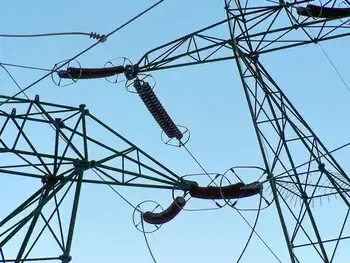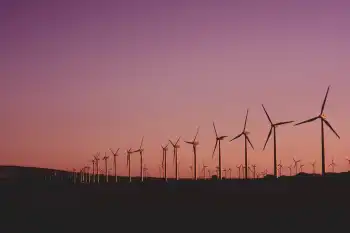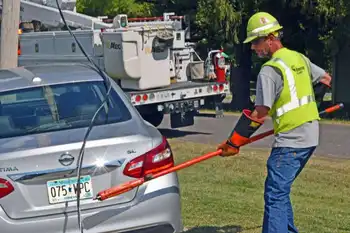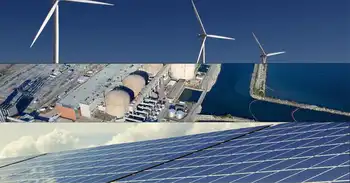EV parts supplier expands in China
BEIJING, CHINA - California's privately owned AC Propulsion said it would double production of its electric vehicle drive systems in China by building a new manufacturing plant in Beijing.
The announcement served as another reminder that, despite attention on the introduction of mass-market electric cars in the United States, China is emerging as a battery-powered powerhouse.
While AC Propulsion said the government offered incentives to build a second factory in China — the company already operates a plant in Shanghai — the potential size of the Chinese electric vehicle, or EV, market also drove its decision to build in Beijing.
"Going forward, we plan to allocate at least 65 percent of our capacity to China sales," Tom Gage, AC Propulsion's chief executive, said in an e-mail. "China has more car companies that are receptive to EV technology and more government focus on getting EVs on the road."
Gage noted the Chinese government has committed $15 billion to developing the nation's electric car manufacturing capacity.
Global automakers have responded by bringing their electric models to China. General Motors Co, for instance, will sell its Chevrolet Volt electric hybrid in China.
Nissan Motor Co Ltd is considering marketing its electric Leaf in China, Toyota Motor Corp announced plans this month to conduct electric car battery research in China, while Mitsubishi Motors Corp has said it will sell its iMiEV electric car there.
Gage said China is not requiring AC Propulsion, which supplied the electric drive train for BMW's battery-powered Mini E, to transfer any of its technology as a condition of receiving financial incentives to build the factory in Beijing.
"They do require local production and collaboration with Chinese" manufacturers, Gage said. "It does not involve transfer of core technology related to the drive system."
The company will manufacture the production equipment to make electric drives at its San Dimas, Calif., headquarters and ship the machines to China.
Related News

Ukraine Leans on Imports to Keep the Lights On
UKRAINE - Russia's ongoing war in Ukraine has extended far beyond the battlefield, with critical infrastructure becoming a target. Ukraine's once-robust energy system has sustained significant damage from Russian missile and drone strikes. To cope with these disruptions and maintain power supplies for Ukrainian citizens, the country is turning to record-breaking electricity imports from neighboring European nations.
Prior to the war, Ukraine enjoyed a self-sufficient energy sector, even exporting electricity to neighboring countries. However, targeted attacks on power plants and transmission lines have crippled generation capacity. The situation is particularly dire in eastern and southern Ukraine, where ongoing fighting has…




